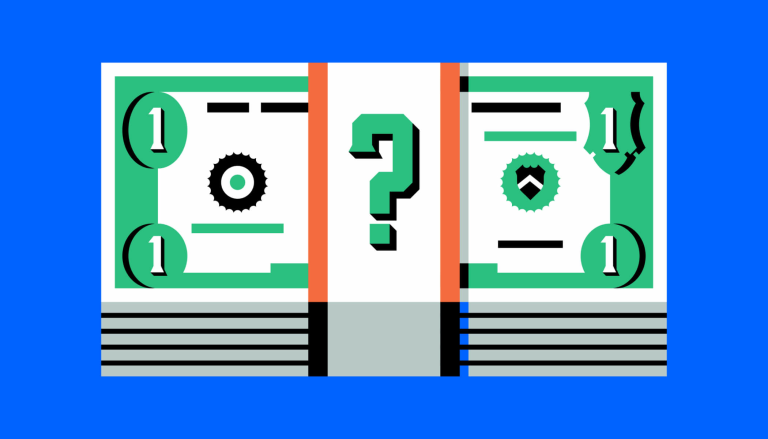What is MiCA (Markets in Crypto Assets Regulation)?

MiCA is a regulatory framework proposed by the European Union (EU) to govern crypto assets.
It strives to foster innovation while protecting consumers and participants in the crypto-asset market.
MiCA seeks to regulate three main categories of crypto-assets: Asset-referenced tokens, Electronic money tokens, and other crypto-assets.
What is MiCA?
The Markets in Crypto-Assets (MiCA) regulation is a regulatory framework proposed by the European Union (EU) to govern the issuance, provision of services related to crypto assets. As of now, it has not been formally adopted. MiCA strives to foster innovation while protecting consumers and participants in the rapidly evolving crypto-asset market. It establishes rules and licensing requirements for crypto-asset service providers operating across the EU.
How does MiCA work?
MiCA mandates that any company offering services like custody, advisory, etc. must register with national regulators and meet organizational, operational, and business conduct standards. These include measures to protect client assets, prevent conflicts of interest, and ensure market transparency. For crypto-asset issuers, MiCA mandates disclosure through "whitepapers" — documents that provide details about the asset's rights and risks. Stablecoins also face reserve, governance, and stabilization requirements under the rules.
What types of crypto-assets does MiCA regulate?
MiCA seeks to regulate three main categories of crypto-assets that use distributed ledger technology:
Asset-referenced tokens (ARTs): These are stablecoins that reference the value of other assets like commodities, currencies, or crypto-assets to maintain a steady price. All stablecoins fall under this MiCA classification.
Electronic money tokens (EMTs): A form of stablecoin pegged to the value of a single fiat currency that is legal tender, like the Euro. So EMTs strive to have the same stability as a bank-issued electronic currency.
Other crypto-assets: This blanket category covers utility tokens and other crypto-assets that don't qualify as ARTs or EMTs. Utility tokens provide digital access to a specific product or service. MiCA rules still require transparency but are less strict than those for stablecoins.
Certain crypto-assets are excluded from MiCA altogether at this stage, like security tokens, non-fungible tokens (NFTs), and central bank digital currencies (CBDCs).
Crypto-Asset Service Providers and Issuers Under MiCA
To operate under MiCA, both crypto-asset service providers (CASPs) and crypto-asset issuers face regulations and licensing requirements. CASPs must register for formal authorization with a national regulator in one of the EU member states. The process involves meeting minimum capital and governance standards and submitting policies for security, operational resilience, complaint handling, conflicts of interest avoidance, and more.
For crypto-asset issuers, key obligations relate to launch compliance. Issuing crypto-assets to the EU public requires registering as a legal entity within the association, ensuring accountability. Exemptions apply for small projects under €1 million. Issuers must also publish a whitepaper covering mandatory details on the crypto-asset's assets and risks.
The Impact of MiCA
MiCA provides regulatory clarity about which activities require licensing, how crypto can be marketed and sold to the public, and more uniform protections for users across Europe. While decentralized finance and non-fungible tokens are not yet covered, the regulation is a step forward for crypto oversight globally. It strives to attract more participation to the region, apply in 27 countries that collectively represent nearly one-fifth of the global economy, and provide legal certainty for businesses.
